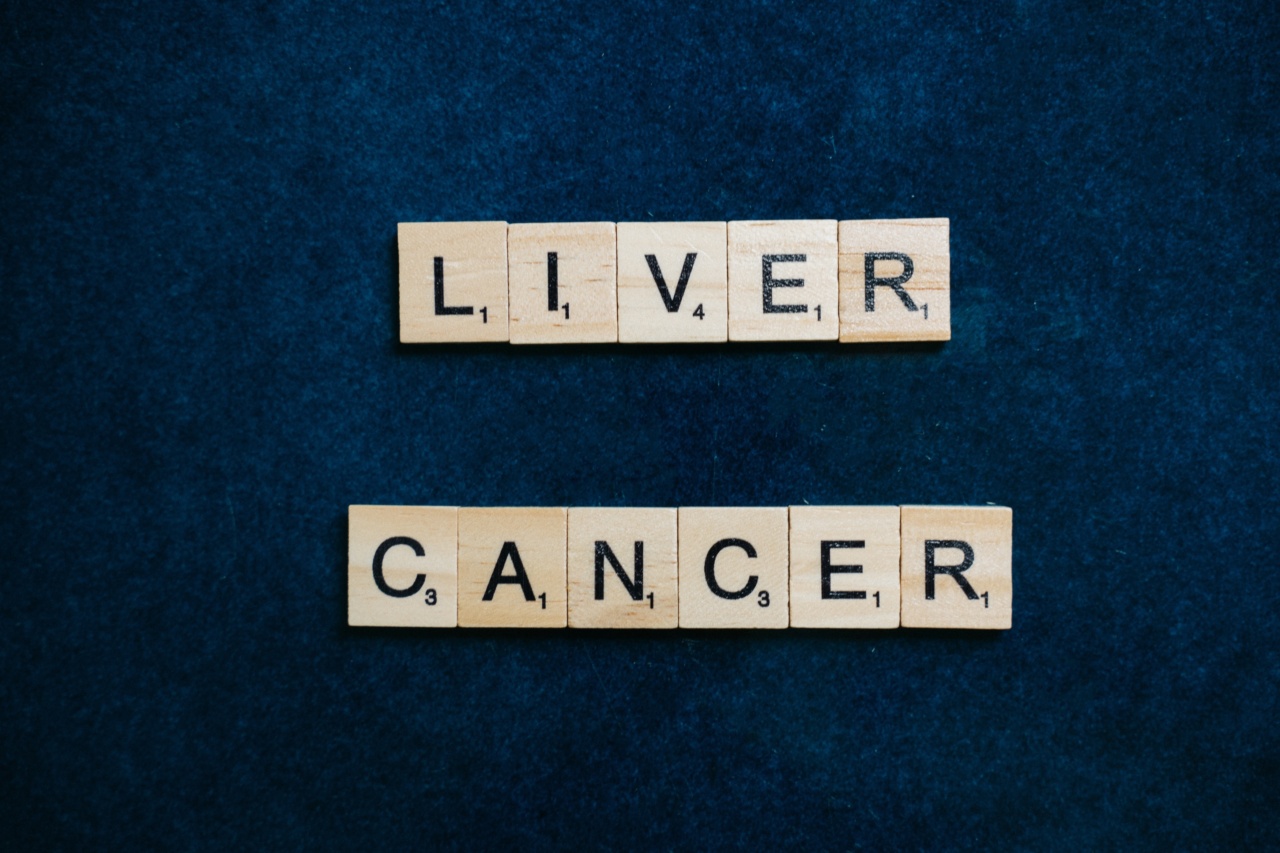Often, liver cancer symptoms go unnoticed until the later stages when the treatments become less effective. The liver does not contain pain receptors; therefore, it is difficult to detect the condition in its initial stages.
It is advisable to regularly consult a doctor in case you have the risk factors or are suspecting any early symptoms to ensure early diagnosis and effective treatment. The risk factors for liver cancer include- chronic hepatitis B or C infections, the presence of non-alcoholic fatty liver, or cirrhosis of the liver.
Abdominal Pain and Swelling
In its early stages, liver cancer may not show any visible symptoms. However, as the tumor grows in size, patients may experience an unexplained weight loss, abdominal swelling or bloating, or tenderness and pain in the upper abdominal region.
Patients may also feel a lump or a mass in the abdomen. It is important to consult a medical professional if you experience these symptoms.
Jaundice
Jaundice is characterized by yellowing of the skin and eyes due to the accumulation of bilirubin in the body. Liver tumors can block or slow the flow of bile produced by the liver resulting in jaundice.
These symptoms may also suggest other underlying conditions. For example, a blockage in the bile duct may cause the bile to back-up and develop jaundice. It is vital to consult a medical professional in case you experience symptoms of jaundice.
Change in Appetite and Unexplained Weight Loss
Individuals diagnosed with liver cancer may experience a decrease in their appetite and sudden weight loss. This unexplained weight loss is due to the metabolic changes in a patient’s body.
If you have encountered a rapid change in appetite or an unexplained drop in weight, it is advisable to consult a doctor.
Complications During Digestion
Liver cancer might also bring about digestive issues such as nausea, bloating, indigestion, vomiting, and diarrhea. Although these symptoms may not be specific to liver cancer, it is important to consult a doctor if the symptoms are prolonged.
Change in Stool Color
In rare cases, liver cancer can change the color of a patient’s stool. The stool may appear white, pale, or chalky instead of the usual dark brown color. Yellow poop may also indicate liver cancer.
The change in stool color may result from a reduction in the amount of bile made by the liver or if there is a blockage in the bile duct. If you notice a change in your stool’s color for more than a day or two, it is advisable to get in touch with a doctor.
Blood Clotting Irregularities
Liver cancer can damage the liver’s ability to create blood clotting elements resulting in irregularities in how easily blood clots or excessive bleeding.
If you experience spontaneous bleeding, prolonged bleeding after procedures, or have regular and unusual bruises, it is necessary to seek medical attention immediately.
Fatigue and Weakness
Patients diagnosed with liver cancer might feel tired and weak even after resting. This is caused by the body expending more energy than it is producing.
If fatigue persists for an extended duration, it is advisable to get in touch with a medical professional.
Enlargement of Liver
As liver cancer progresses, it may lead to the enlargement of the liver, which may be easily noticed during a physical examination. An enlarged liver can also cause discomfort and pain in the right upper region of the abdomen.
Itching of Skin
Unusual itching of the skin, medically known as pruritus, can be another symptom of liver cancer. The accumulation of bile in the blood due to liver damage may result in the unpleasant itching sensation.
Consult a doctor immediately if you experience a persistent, uncomfortable itch.































